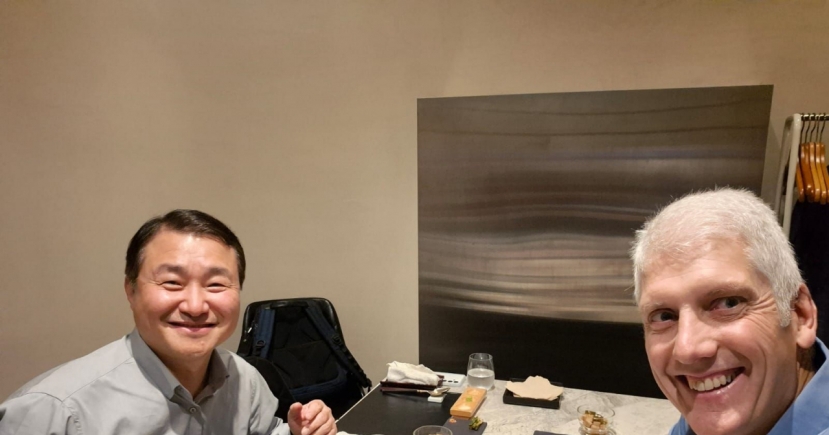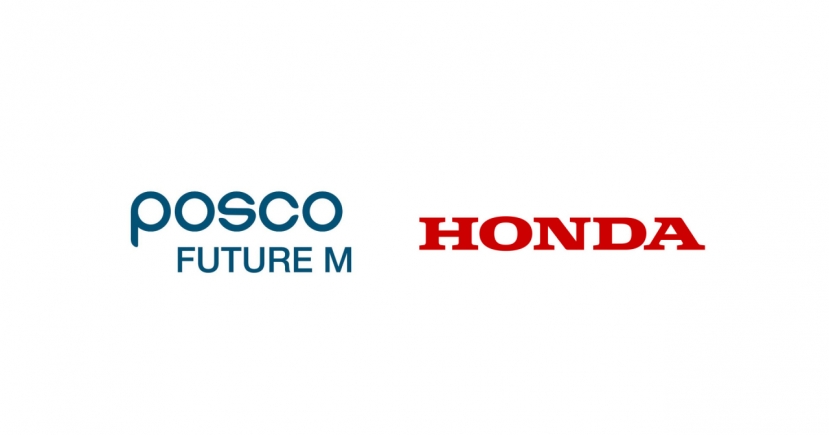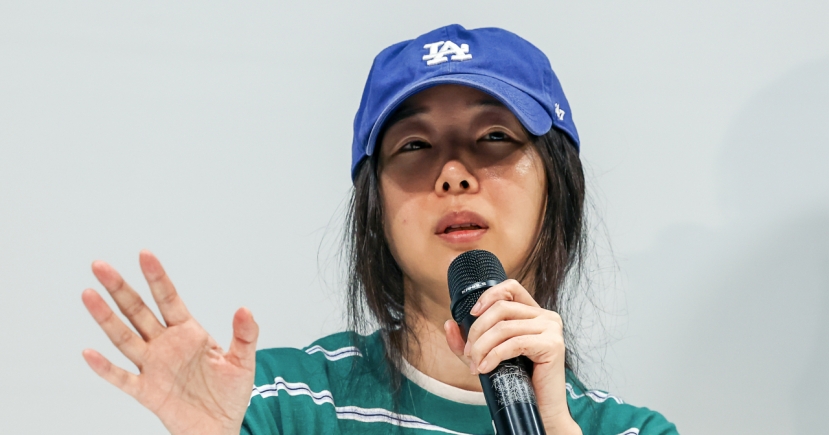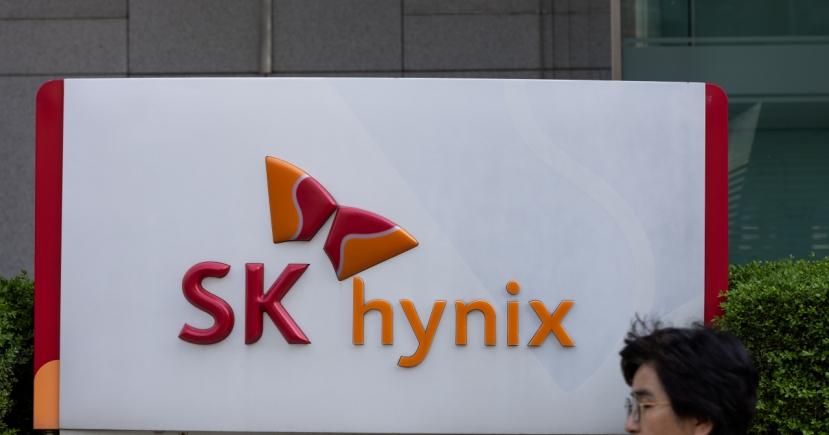Bio
Immune checkpoint inhibitor development gains traction
[THE INVESTOR] Three Korean pharma companies -- Yuhan, STCube and Alteogen -- announced this week that they have discovered immune checkpoint target candidates that could be developed into oncology therapies.
Checkpoint inhibitors are a next-generation cancer immunotherapy that removes brakes in the natural immune system to help the body attack cancer cells.
The related market is expected to exceed US$25 billion by 2022, according to Research and Markets. Major global pharmaceutical firms like Merck, AstraZeneca and Bristol-Myers Squibb are already tapping into it.
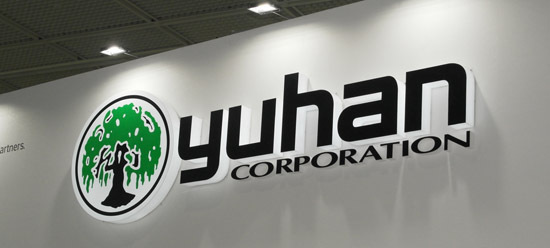 |
Among the three, Yuhan has been working with local biotech firm AbClon to discover YHC2101, adding another candidate substance to push immuno-oncology medicine development.
According to the company’s statement on March 7, YHC2101 is designed to activate T-cell response toward cancer cells that express specific tumor targets. The potential drug featured an increased efficacy in combination with other approved immune checkpoint inhibitors in an animal testing model.
With the latest discovery, Yuhan now has three candidate substances including one that received approval to initiate phase 1 clinical trials through its subsidiary ImmuneOncia.
On March 8, STCube said it has found an antibody drug candidate that targets immune checkpoint protein in a partnership with MD Anderson Cancer Center in Texas.
“We confirmed the efficacy of the candidate substance in vitro and vivo testing, and established the cell line for the antibody production,” a company official told The Investor. She said the company is in discussion with a multinational drug maker to license out the substance.
STCube’s antibody is designed to inhibit the cGAS-STING pathway, which is a component of the innate immune system that functions to detect the presence of cytosolic DNA and, in response, triggers expression of inflammatory genes. The potential therapy will explore its impact on the care options for treatment of cancers such as breast cancer, small cell lung cancer and thyroid cancer that approved immune checkpoint drugs haven’t yet broken into.
Alteogen, meanwhile, is collaborating with French drug developer Eivatech, to develop its antibody substance into an oncology therapy and autoimmune disease treatment. What distinguishes Alteogen’s drug candidate is its “nanobody” technology that enables its antibody to have higher stability and cell membrane permeability, according to the firm.
“We expect the immune checkpoint inhibitor based on nanobody antibodies will be applied to various follow-up projects including anti-cancer drugs, as well as the development of autoimmune disease drugs,” said Alteogan CEO Park Soon-jae.
By Park Han-na (hnpark@heraldcorp.com)



